Plain packaging for cigarettes does not violate international trade rules: With its confirmation of the original decision of the WTO Panel of 2018 the Appellate Body of the World Trade Organization in June aroused worldwide media interest and ended a legal dispute that had lasted almost a decade.
The backdrop: In 2012 Australia became the first country in the world to introduce uniform sludge-green packaging for cigarettes, with drastic pictures warning of the consequences of smoking. Regarding brands, it decreeds that all logos or trademarks were to be removed from tobacco packages and the brand name should be printed only in small standardised fonts. This prompted the four tobacco-producing countries Indonesia, Honduras, the Dominican Republic and Cuba to file a complaint via the WTO dispute settlement system. They argued the measures constitute a violation of the TRIPS Agreement (Agreement on Trade-Related Aspects of Intellectual Property Rights). After their complaint was dismissed in 2018 by the Panel, Honduras and the Dominican Republic raised an appeal, which was rejected in June.
Impact goes beyond trademark law
The decisions are likely not only to accelerate the implementation of “plain packaging” worldwide, but also to have impact far beyond the tobacco industry. The current publication “The Revitalisation of the Object and Purpose of the TRIPS Agreement: The Plain Packaging Reports and the Awakening of the TRIPS Flexibility Clauses” by Christophe Geiger and Luc Desaunettes-Barbero shows that the impact of the decisions goes beyond trademark law and even opens up new room for interpretation of the whole TRIPS Agreement.
The study focuses on the new application of the so-called flexibility clauses in the "plain packaging" decisions. These clauses entailed in its Articles 7 and 8 describe the objectives and principles of the TRIPS Agreement. While they have so far played only a residual role in the interpretation of the provisions of the Agreement in practice, the WTO dispute settlement bodies for the first time fully engaged with them in the “plain packaging” decisions. As a result, they conclude that public health may constitute a legitimate reason for limiting trademark use.
The authors show that the new reading of Articles 7 and 8 offer the possibility for a more flexible interpretation of the TRIPS Agreement. This applies in particular to the limitations and exceptions. By refraining from using Articles 7 and 8 in the past, the WTO established a rigid interpretation of these exceptions: The focus was on a strong protection of intellectual property rights without taking into account that such an interpretation could lead to dysfunctional effects in individual cases. The “plain packaging” decisions offer the WTO members more flexibility to adapt intellectual property rights to new realities and the possibility to take into consideration conflicting human rights.
The publication can be found here.

![[Bitte nach "english" übersetzen:] The publication „The Revitalisation of the Object and Purpose of the TRIPS Agreement: The Plain Packaging Reports and the Awakening of the TRIPS Flexibility Clauses” by Christophe Geiger und Luc Desaunettes-Barbero shows that the "plain packaging" decisions do not only concern trademark law, but also give more flexibility to the TRIPS Agreement](/fileadmin/_processed_/e/9/csm_Zigaretten-Desaunettes-Geiger_300x300_8f9e4c0d5a.jpg)
![[Bitte nach "english" übersetzen:] The publication „The Revitalisation of the Object and Purpose of the TRIPS Agreement: The Plain Packaging Reports and the Awakening of the TRIPS Flexibility Clauses” by Christophe Geiger und Luc Desaunettes-Barbero shows that the "plain packaging" decisions do not only concern trademark law, but also give more flexibility to the TRIPS Agreement](/fileadmin/ipmpg/content/Zigaretten-Desaunettes-Geiger_300x300.jpg)
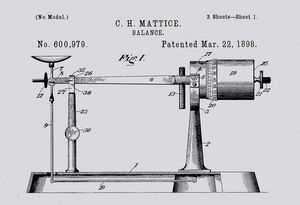
![[Translate to english:] [Translate to english:]](/fileadmin/_processed_/7/e/csm_bidt_homeoffice_9dd5f39eab.png)
![[Translate to english:] [Translate to english:]](/fileadmin/_processed_/7/e/csm_bidt_homeoffice_edeab1de5c.png)
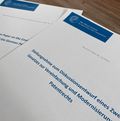
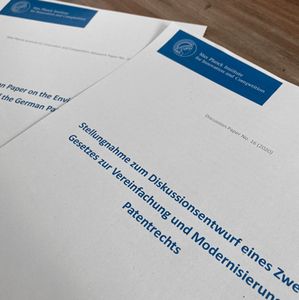
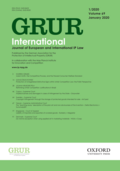
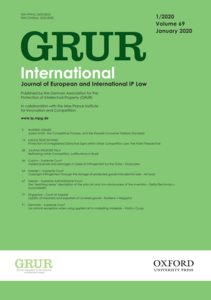
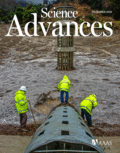
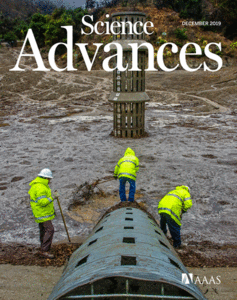


![[Translate to english:] [Translate to english:]](/fileadmin/_processed_/0/a/csm_Justizpalast_Muenchen__Foto_Justiz_Bayern__Zuschnitt1_762b495fef.jpg)
![[Translate to english:] [Translate to english:]](/fileadmin/_processed_/0/a/csm_Justizpalast_Muenchen__Foto_Justiz_Bayern__Zuschnitt1_10bcd9bafd.jpg)

